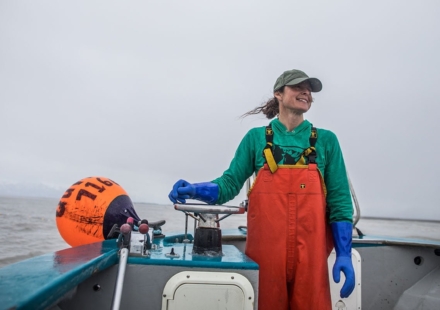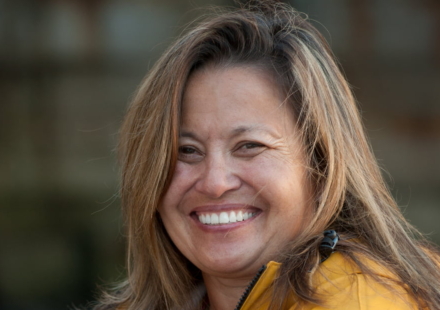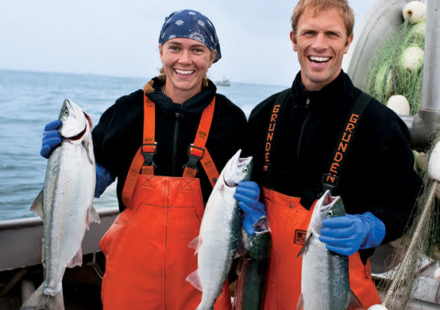Maeva Waterman
Harvester

As a career fisherman, a young fisherman, sustainability is job security. The healthier the oceans and returning fish stocks, the longer my partner and my careers will be.
How did you get started in the fishing and seafood industry?
I started fishing in 2017. As a career fisherman, a young fisherman, and part owner in a limit seiner, sustainability is job security. The healthier the oceans and returning fish stocks, the longer my partner and my careers will be. The most sustainable type of wild salmon comes from Alaska, and that’s something as a state we are incredibly proud of.
How has responsible fisheries management had a positive impact on what you do?
We are lucky to have outstanding biologists who manage our area. Fisheries managers at the state and federal levels to the harvesters and processors have a shared goal of sustainability. Fishery management systems in Alaska are designed at a constitutional level to support and continue the high level of productivity while prioritizing healthy ecosystems and thriving local communities. Alaska is a rare gem in the seafood industry.
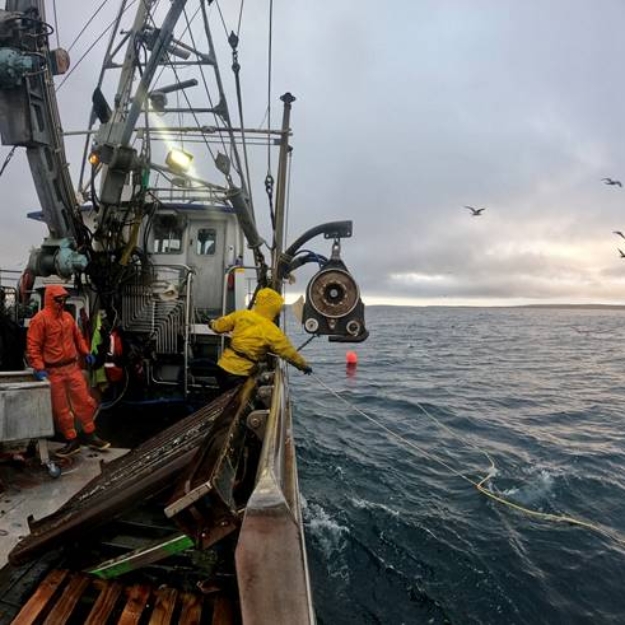
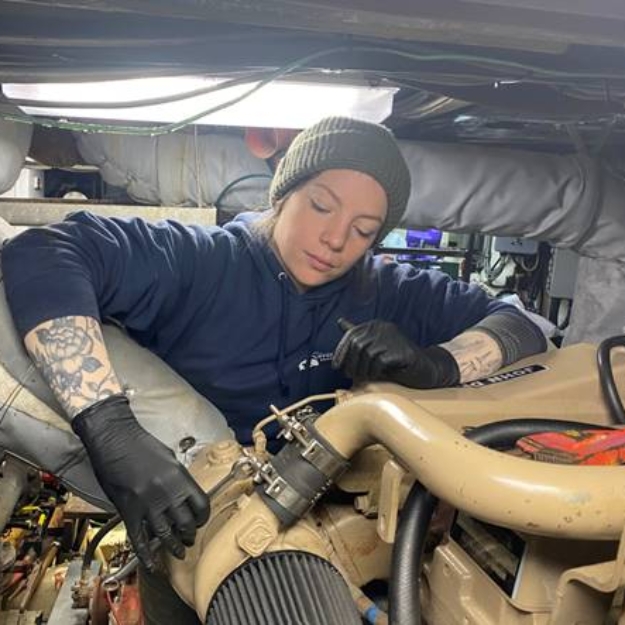
Is there anything else you would like Alaskans or anyone who enjoys Alaska Seafood to know about what you do?
Alaska is 1/5th the size of the entire lower 48, but the seafood industry really links the sprawling communities together. No matter what part of Alaska you live in, fishing is something that affects you or someone you love.
Sustainable fishing practices impact my daily work life in a very real way. Fishing grounds are closed when the biologists know we need to give the stock a chance to spawn, or in the winter, we get our quota reduced to allow fish to generate in more significant numbers to help replenish the fishing stock. Every year is different due to the dynamics of the ecosystem, the environment and not just the return of fish.
We, as harvesters, have a critical job when it comes to sustainability. We are the eyes on the ground, and our real time catch reports and data collection speaks volumes for biologists. They track our offload numbers and compare them to the past years and past numbers, combined with their own data collection, to help ensure fish stocks are in balance with the entire ecosystem.
We are entering the unknown like so many past generations of fisherman have before us. It’s not always easy to talk about the changing oceans and about our futures as fishermen. Keeping the conversation alive and ongoing is a great way to pass down sustainability practices for years to come. We need to continue to share and teach the younger generations about the importance of the future of our fisheries, and the only future we have is sustainable fishing practices.

